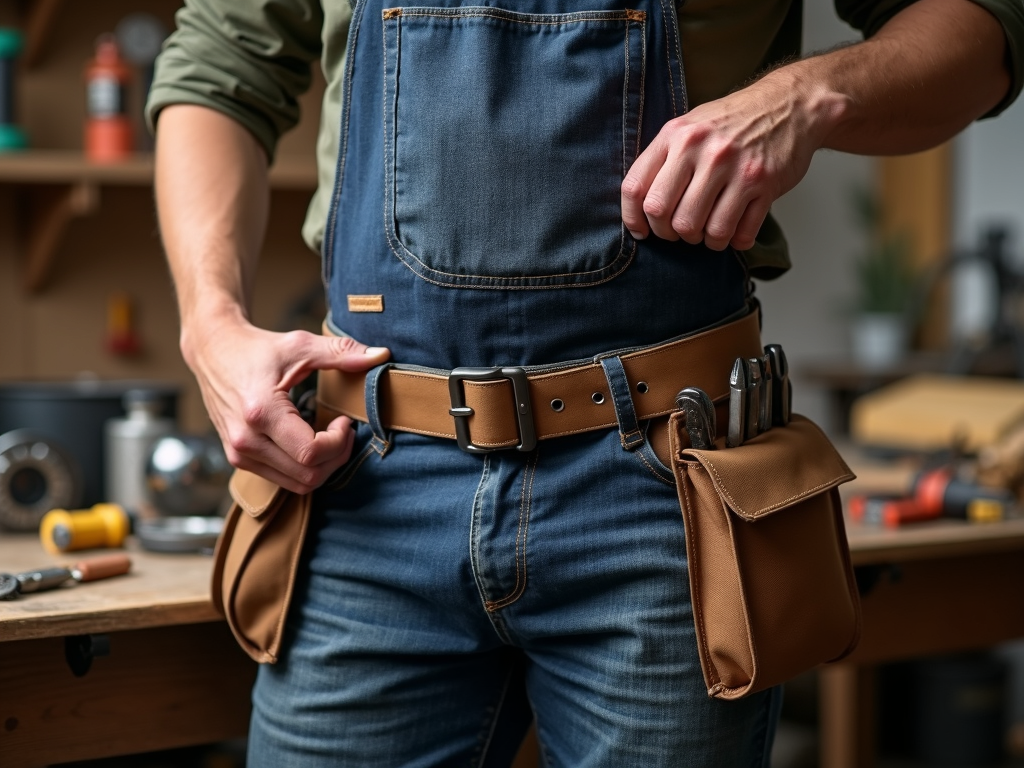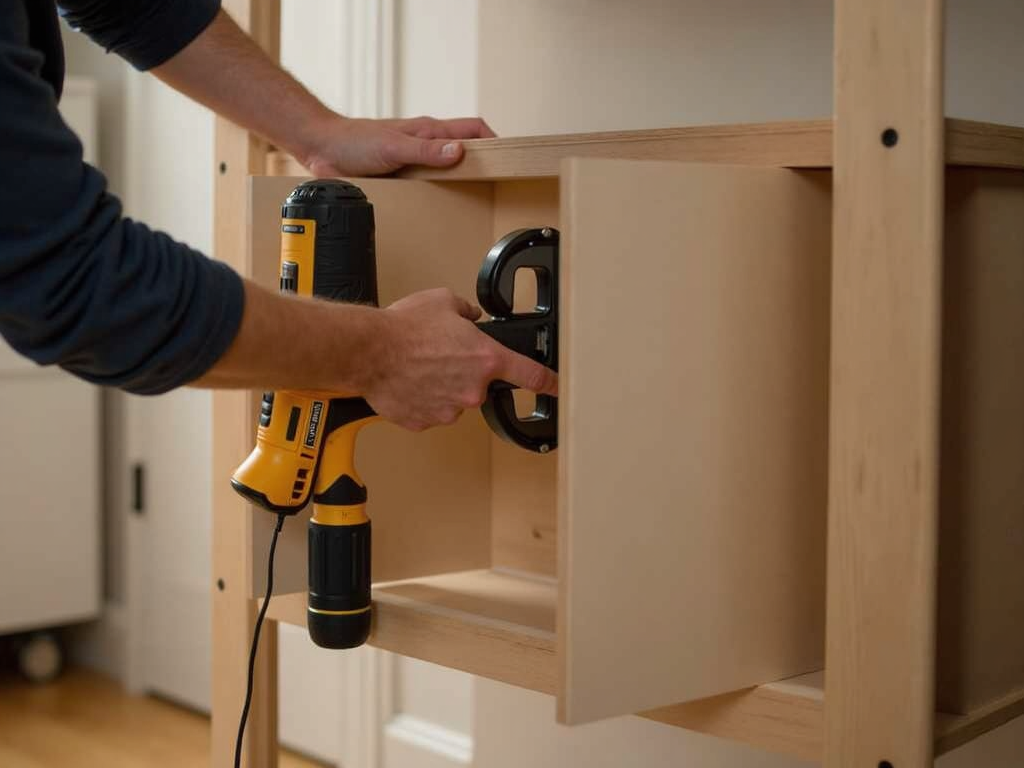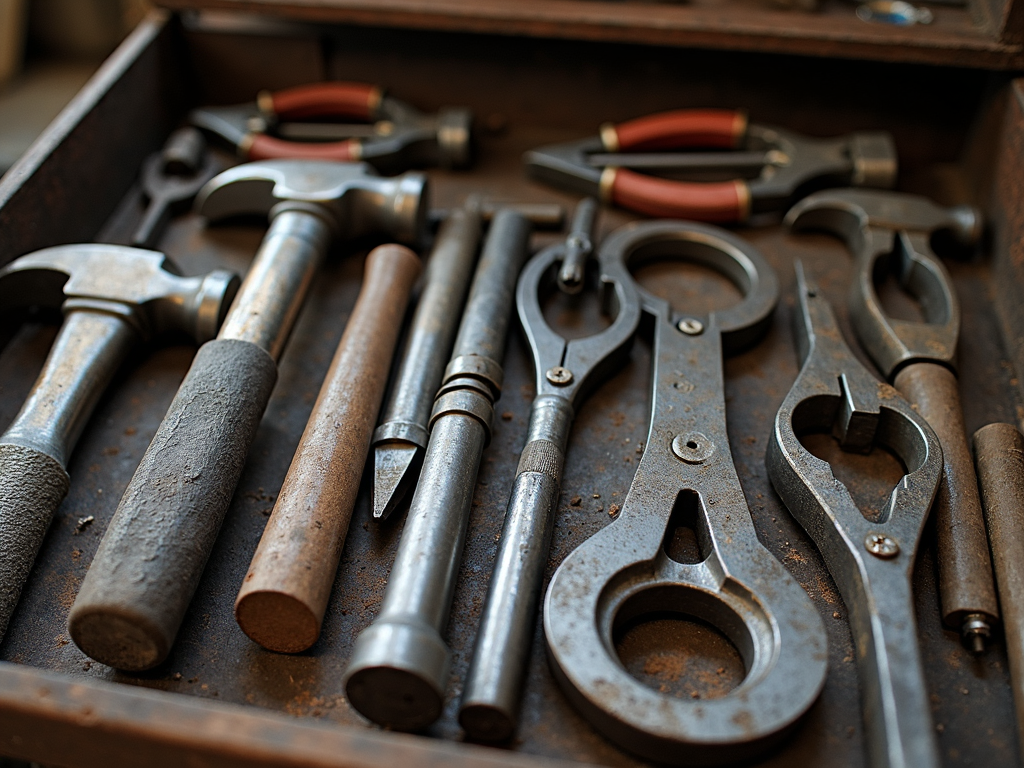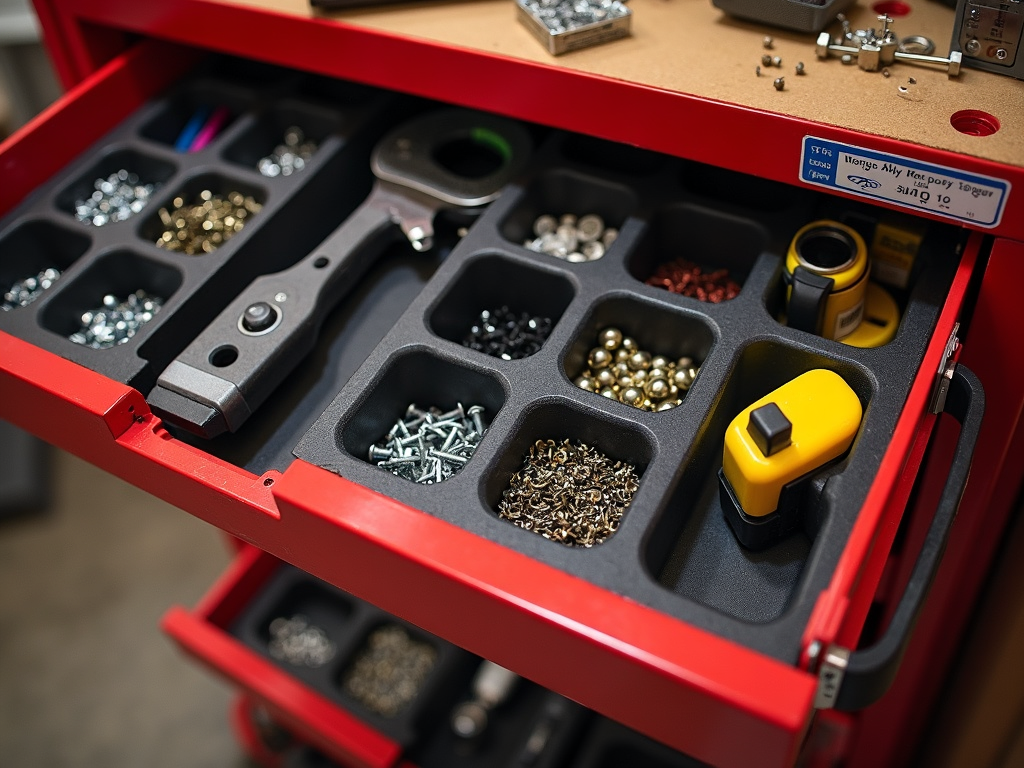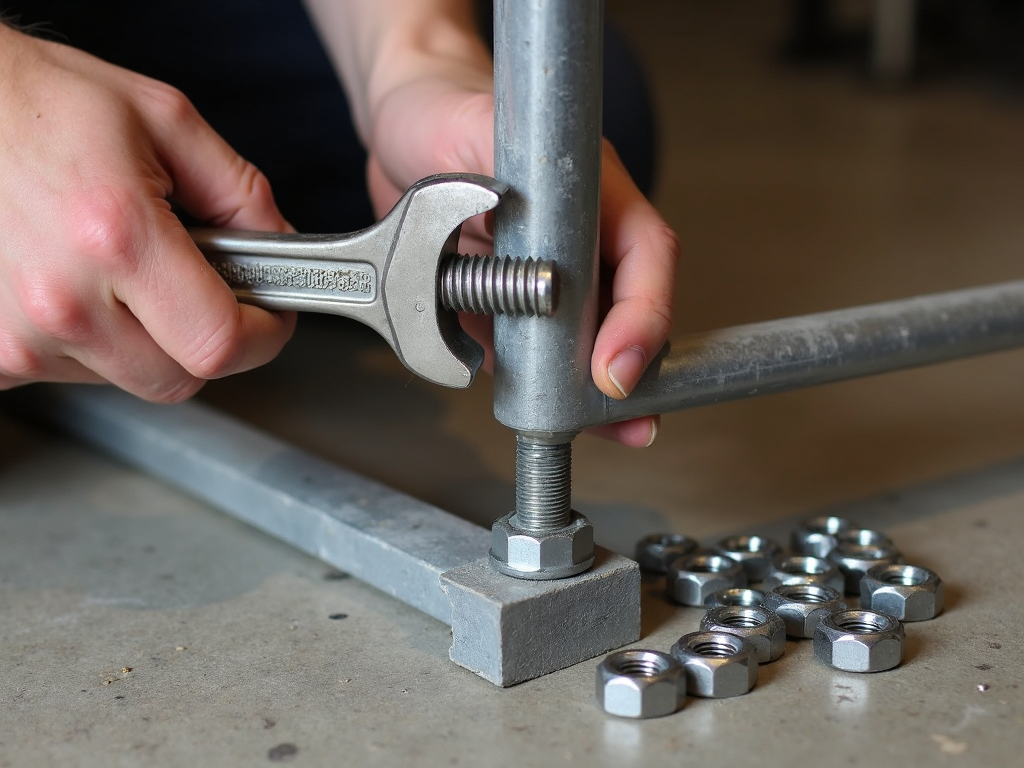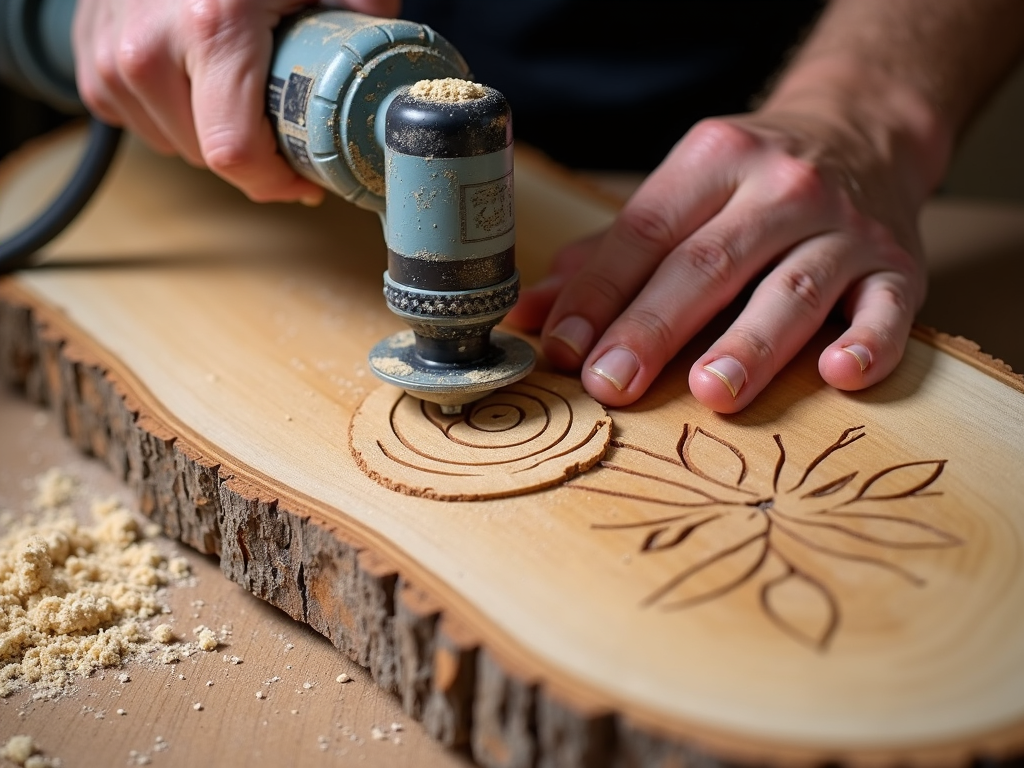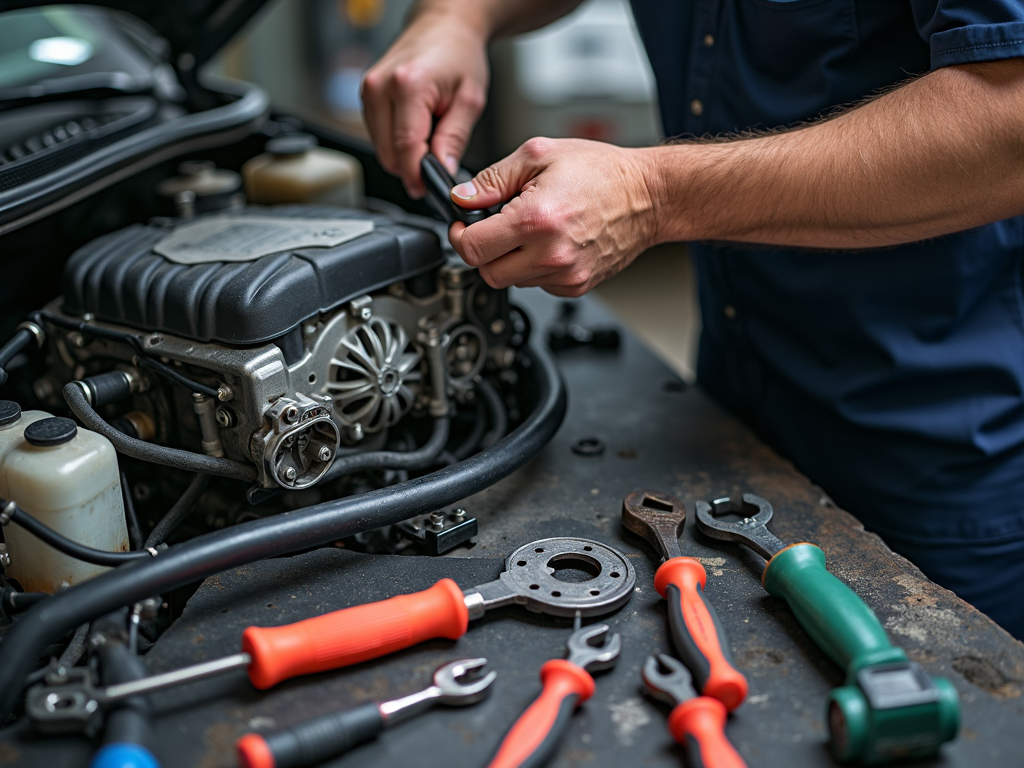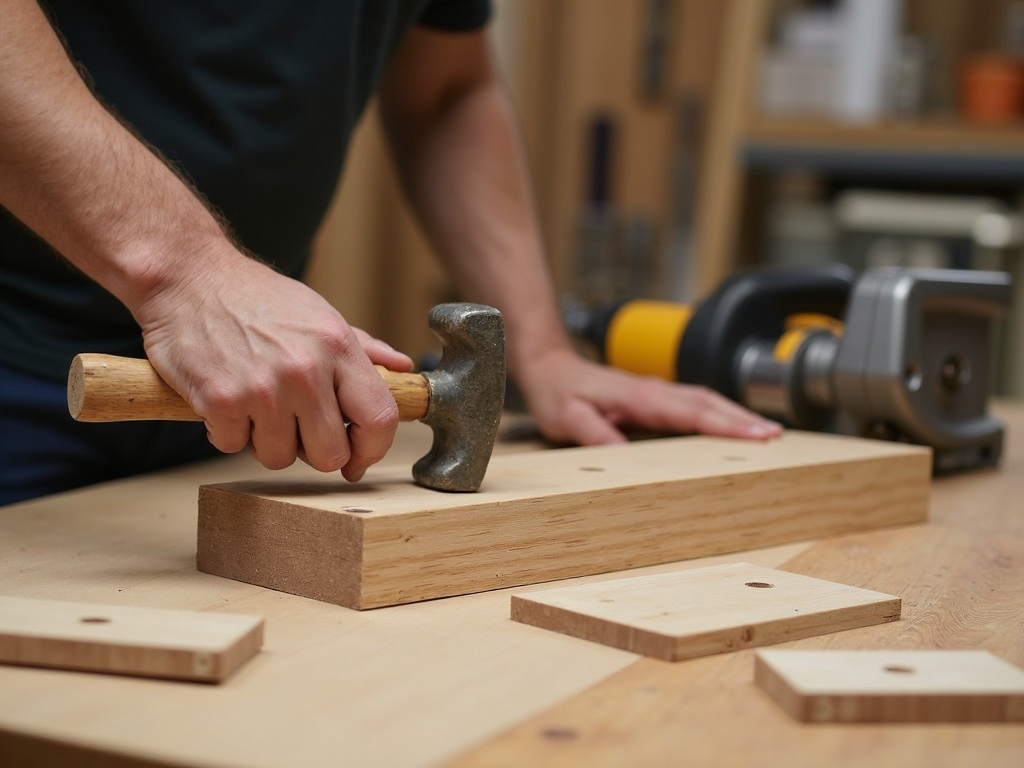Choosing the right workman tools for your metalworking project is crucial for success. Whether you're a beginner or an experienced metalworker, having the proper tools can make all the difference in the quality of your work and your safety in the shop. In this article, we'll explore how to select the best tools for your needs, including hand tools, power tools, and safety equipment. We'll also discuss advanced safety techniques for experienced metalworkers and provide tips on maintaining your tools for longevity.
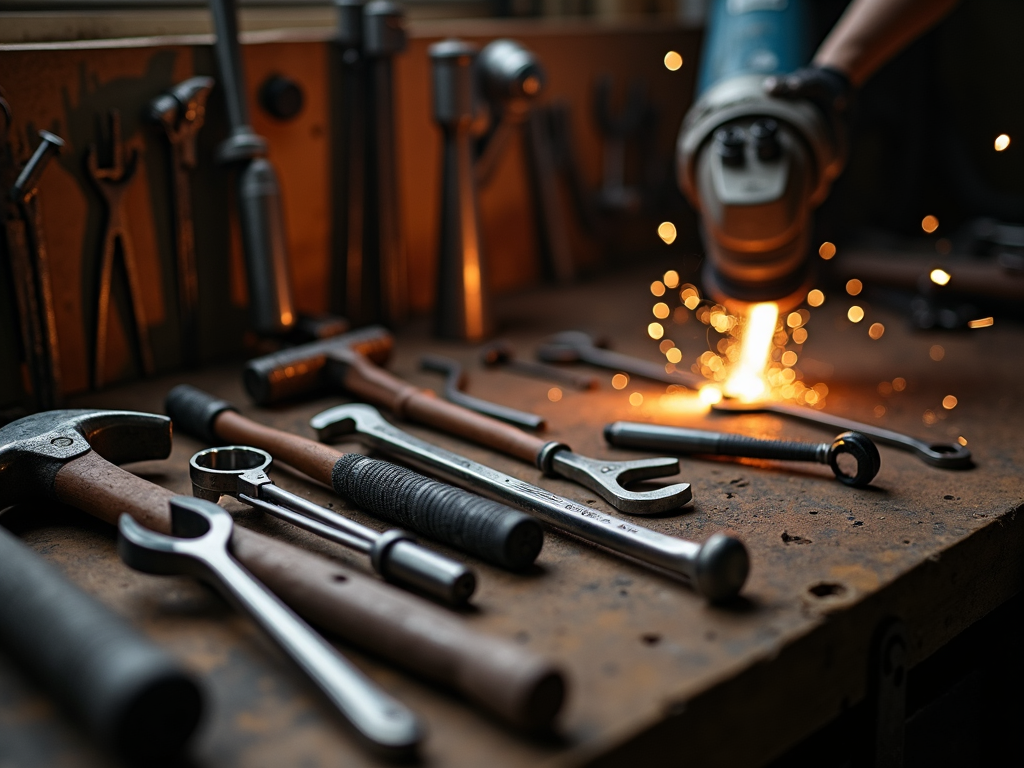
Understanding Your Project Needs
Before you start shopping for tools, it's essential to understand the specific requirements of your project. Consider the following factors:
- Type of Metal: Different metals require different tools. For example, working with aluminum might need different cutting tools than working with steel.
- Complexity of the Project: Simple projects might only require basic hand tools, while more complex ones might need specialized power tools.
- Your Skill Level: If you're a beginner, you might want to start with basic tools and gradually add more as you gain experience.
- Budget: Tools can be expensive, so it's important to set a budget and prioritize the tools you need most.
Essential Hand Tools for Metalworking
Hand tools are the backbone of any metalworking project. Here are some must-have hand tools:
- Hammers: A variety of hammers, including ball-peen and cross-peen hammers, are essential for shaping and forming metal.
- Pliers: Needle-nose, slip-joint, and locking pliers are useful for gripping and manipulating metal pieces.
- Wrenches: Adjustable wrenches and socket sets are crucial for tightening and loosening bolts and nuts.
- Files: Flat, round, and half-round files help in smoothing and shaping metal edges.
- Measuring Tools: Calipers, rulers, and squares ensure precision in your work.
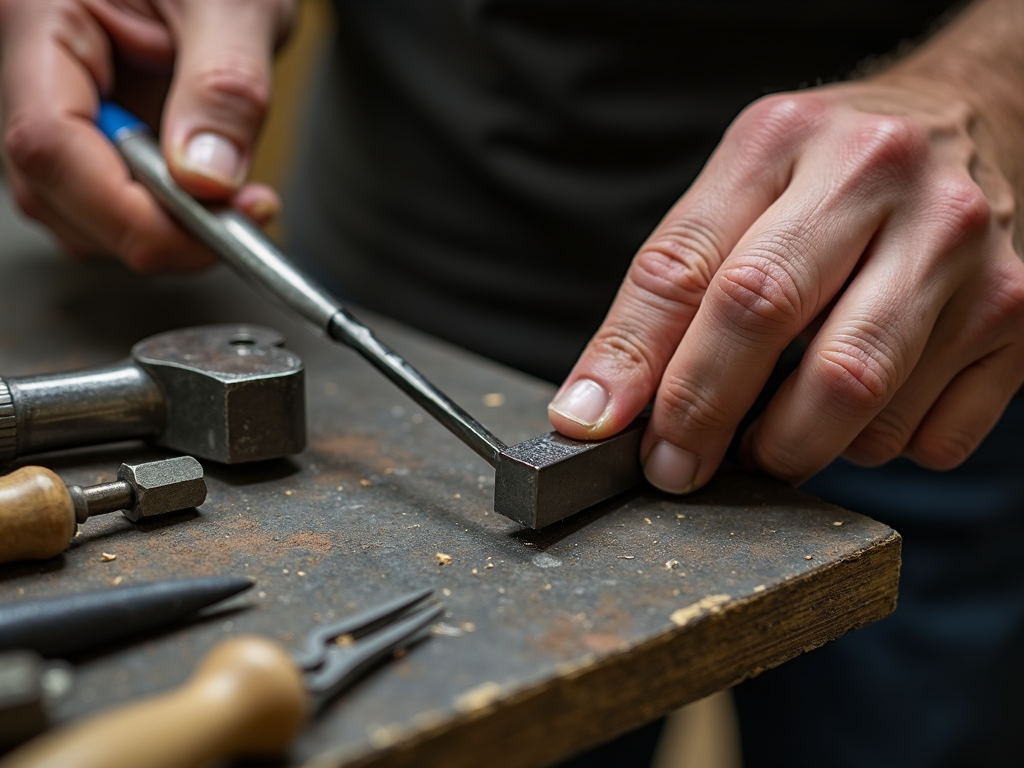
Power Tools for Advanced Projects
For more complex projects, power tools can save time and effort. Here are some power tools to consider:
- Angle Grinder: Great for cutting, grinding, and polishing metal.
- Drill Press: Provides precision drilling for holes in metal.
- Welding Machine: Essential for joining metal pieces together.
- Lathe: Allows for turning and shaping metal pieces with high precision.
When choosing power tools, consider the power source (electric, pneumatic, or battery), the tool's capacity, and safety features.
Safety First: Protecting Yourself in the Metalworking Shop
Safety should always be a top priority in the metalworking shop. Here are some essential safety tips:
- Wear Protective Gear: Always wear safety glasses, gloves, and hearing protection. For welding, use a welding helmet and appropriate clothing.
- Keep the Workspace Clean: A cluttered workspace can lead to accidents. Keep your tools organized and your work area clean.
- Use Tools Properly: Follow the manufacturer's instructions for each tool and never use a tool for a purpose it wasn't designed for.
- Be Aware of Your Surroundings: Pay attention to what's happening around you, especially when using power tools or working with hot metal.

Advanced Safety Techniques for Experienced Metalworkers
For those with more experience, here are some advanced safety techniques:
- Proper Ventilation: Ensure your workshop has adequate ventilation to avoid inhaling harmful fumes.
- Fire Safety: Keep a fire extinguisher nearby and know how to use it. Avoid working near flammable materials.
- Tool Maintenance: Regularly inspect and maintain your tools to prevent malfunctions.
- Emergency Procedures: Have a first aid kit and know basic first aid procedures in case of an accident.
Maintaining Your Tools
Proper maintenance of your tools is crucial for their longevity and your safety. Here are some tips:
- Clean After Use: Wipe down tools after each use to remove dust and debris.
- Store Properly: Keep tools in a dry, organized space to prevent rust and damage.
- Sharpen Regularly: Keep cutting tools sharp for better performance and safety.
- Inspect for Damage: Regularly check tools for signs of wear or damage and replace them if necessary.
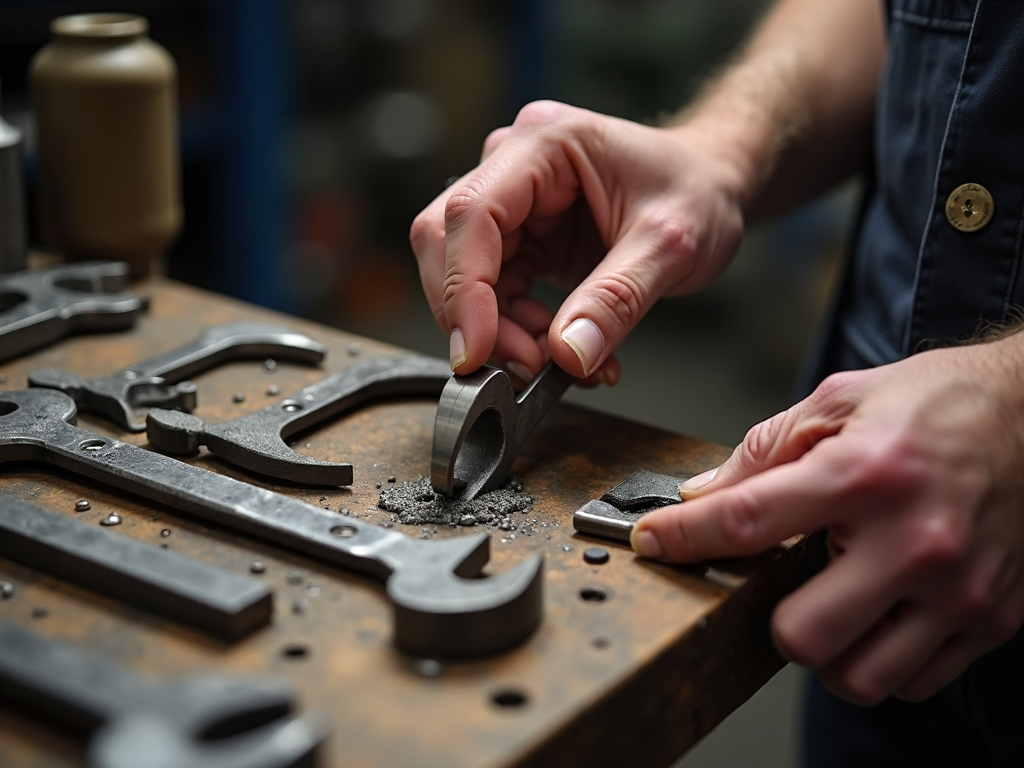
Conclusion
Choosing the right workman tools for your metalworking project is essential for achieving high-quality results and ensuring your safety. By understanding your project needs, selecting the appropriate hand and power tools, and prioritizing safety, you can set yourself up for success. Remember to maintain your tools properly to extend their lifespan and keep your workshop a safe and productive environment.
Related How to Choose the Right Workman Tools for Your Project:
- Tool Belts with Ergonomic Designs: A Game-Changer for Workman Tools
- Corded vs. Cordless: Which Power Tools Are Right for You?
- Mastering Metal Forming: Techniques and Tools
- Advanced Toolbox Organization Ideas for Every Handyman
- Must-Have Workman Tools for Every Toolbox: A Comprehensive Guide
- Top 5 Electric Power Washers for Home Use
- A Beginner’s Guide to Essential Construction Tools
- Understanding Nuts and Bolts for Repairs: A Complete Guide
- Rotary Tool Accessories and Attachments: Unlock the Full Potential of Your Power Tool
- Essential Guide to Automotive Tool Care: Tips for Extending Tool Lifespan
- Top 10 DIY Projects Using Basic Tools
- Choosing Your First Power Tool
